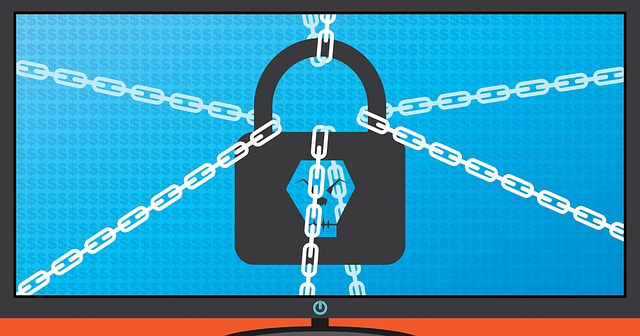
Summary
UK businesses paid over £15.5 million in GDPR fines between 2023-2024 due to data breaches. Ransomware attacks on hospitals and medical establishments cause significant disruption and patient harm. Data protection is crucial, and robust security measures are essential to avoid hefty penalties and protect patient safety.
** Main Story**
Okay, let’s talk about something that should be keeping every business owner and IT manager up at night: the skyrocketing cost of data breaches. In the UK alone, GDPR fines have exceeded £15.5 million between 2023 and 2024. And frankly, that’s just the tip of the iceberg. This is a clear signal that robust data protection isn’t just a ‘nice to have’ anymore; it’s an absolute necessity, especially if you’re in a sector like healthcare where the stakes are incredibly high.
The Price of Ignoring Compliance
Hayes Connor Solicitors did some digging, and their analysis paints a pretty stark picture. The ICO, after looking into a bunch of data breaches, slapped UK businesses with fines totaling a staggering £15,537,500. Can you imagine? These breaches stemmed from all sorts of slip-ups: unauthorized marketing, dodgy email practices, and those oh-so-annoying unsolicited marketing calls. And get this—the ICO fielded 32,678 complaints during this period. That’s a whole lot of unhappy customers, and a whole lot of risk.
Ransomware: Healthcare’s Nightmare
Now, let’s zoom in on healthcare. This sector is getting hammered by ransomware attacks. It’s not just about stolen data; it’s about encrypting critical systems and holding them hostage for a ransom. Think about the real-world consequences: appointments getting canceled, surgeries delayed, and, worst of all, patients suffering harm. Remember the WannaCry attack back in 2017? It crippled NHS facilities across the UK and showed us just how devastating these attacks can be. And it’s not a thing of the past either, the 2024 incident affecting London hospitals shows that.
It’s funny, I once worked with a small clinic that got hit by ransomware. They hadn’t backed up their patient records properly (I know, I know). And had to pay a hefty sum to get their data back. They got away relatively lightly as I’m sure you can imagine, it could have been much worse.
Guarding Patient Data: A Moral and Legal Must
Think about it, hospitals and medical centers are treasure troves of sensitive patient info. That makes them prime targets for cybercriminals. Protecting this data isn’t just about ticking a box to satisfy the Data Protection Act 2018; it’s a moral obligation. We’re talking about people’s private medical histories, and that’s a huge responsibility. So what can you do? Implement strong passwords (and enforce them!), keep your software updated, train your staff on cybersecurity best practices, and, crucially, invest in robust security systems.
The Ripple Effect: Beyond the Initial Fine
The financial hit from a data breach goes way beyond the initial GDPR fine. Expect lawsuits from affected individuals, which means more legal bills. And don’t forget the reputational damage – that can erode public trust and seriously impact your future business. For healthcare organizations, the stakes are even higher. Disruptions to patient care can lead to negative health outcomes. So, you’re talking increased costs for recovery efforts, not just financial penalties.
Time to Level Up Your Defenses
All this brings us to a key point: businesses and healthcare organizations need to treat data security as a top priority. It’s not an optional extra. Investing in robust cybersecurity measures is an investment in patient safety and public trust. Regular security assessments, ongoing staff training, and a solid incident response plan are essential components of any comprehensive data protection strategy.
GDPR Fines: A Wake-Up Call
Ultimately, those hefty GDPR fines aren’t just about punishing negligence; they’re a wake-up call. They push businesses to take data protection seriously and invest in the resources they need to prevent breaches. But, while fines are a necessary enforcement tool, a proactive approach to data security is what’s really needed. Businesses need to create a culture of data protection and embed it into every part of their operations. Don’t you think?


Given the heightened risk for healthcare, what specific strategies are most effective for smaller clinics with limited IT budgets to safeguard patient data against ransomware and maintain GDPR compliance?